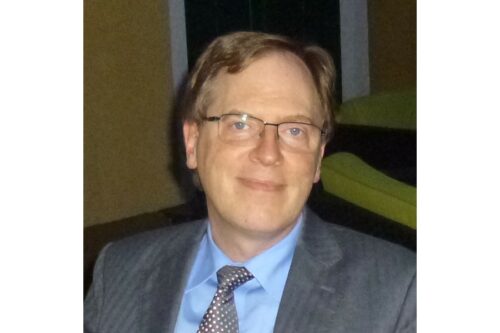The standard axiomatic foundations of mathematics are the Zermelo-Fraenkel axioms of set theory, named after Ernst Zermelo (1871–1953). Zermelo’s work was invaluable for the foundations of mathematics, but reached far beyond foundational questions. His widow Gertrud and Professor Heinz-Dieter Ebbinghaus provided his signet ring, inherited from Ernst Zermelo’s grandfather Ferdinand and currently in the university archives in Freiburg, for the creation of an academic award. The DVMLG awards the Ernst-Zermelo-Ring quadriennially to an active researcher in the foundations of mathematics who had a lasting impact on the development of the field and who is expected to remain active in the coming years. The award committee, consisting of Steffen Lempp, Benedikt Löwe, Michael Rathjen, and Katrin Tent, decided to appoint Professor Ulrich Kohlenbach as the first bearer of the Ernst-Zermelo-Ring. The award ceremony will take place at the Colloquium Logicum 2024, held at the Austrian Academy of Sciences in Vienna on Monday, 7 October 2024.
Laudatio: Already in the 1950s, Georg Kreisel emphasized the possibility of applications of proof-theoretic methods to concrete problems in core mathematics, calling his approach the unwinding of proofs. During the last three decades this idea has led to the program of proof mining, which has been systematically developed by Ulrich Kohlenbach and his co-workers. It uses tools from mathematical logic to extract explicit quantitative information (e.g. rates of convergence) from prima facie nonconstructive proofs (e.g. convergence proofs). This has been applied particularly successfully in the context of nonlinear analysis, especially fixed point theory, ergodic theory, topological dynamics and convex optimisation. The systematicity of the underlying methodology was borne out by the discovery, between 2003 and 2005, of logical metatheorems that explain it as instances of general prooftheoretic phenomena. The metatheorems are based on certain proof-theoretic transformations (proof interpretations), notably Ulrich Kohlenbach’s monotone functional interpretation, which are far reaching extensions and modifications of Gödel’s famous functional (Dialectica) interpretation.

